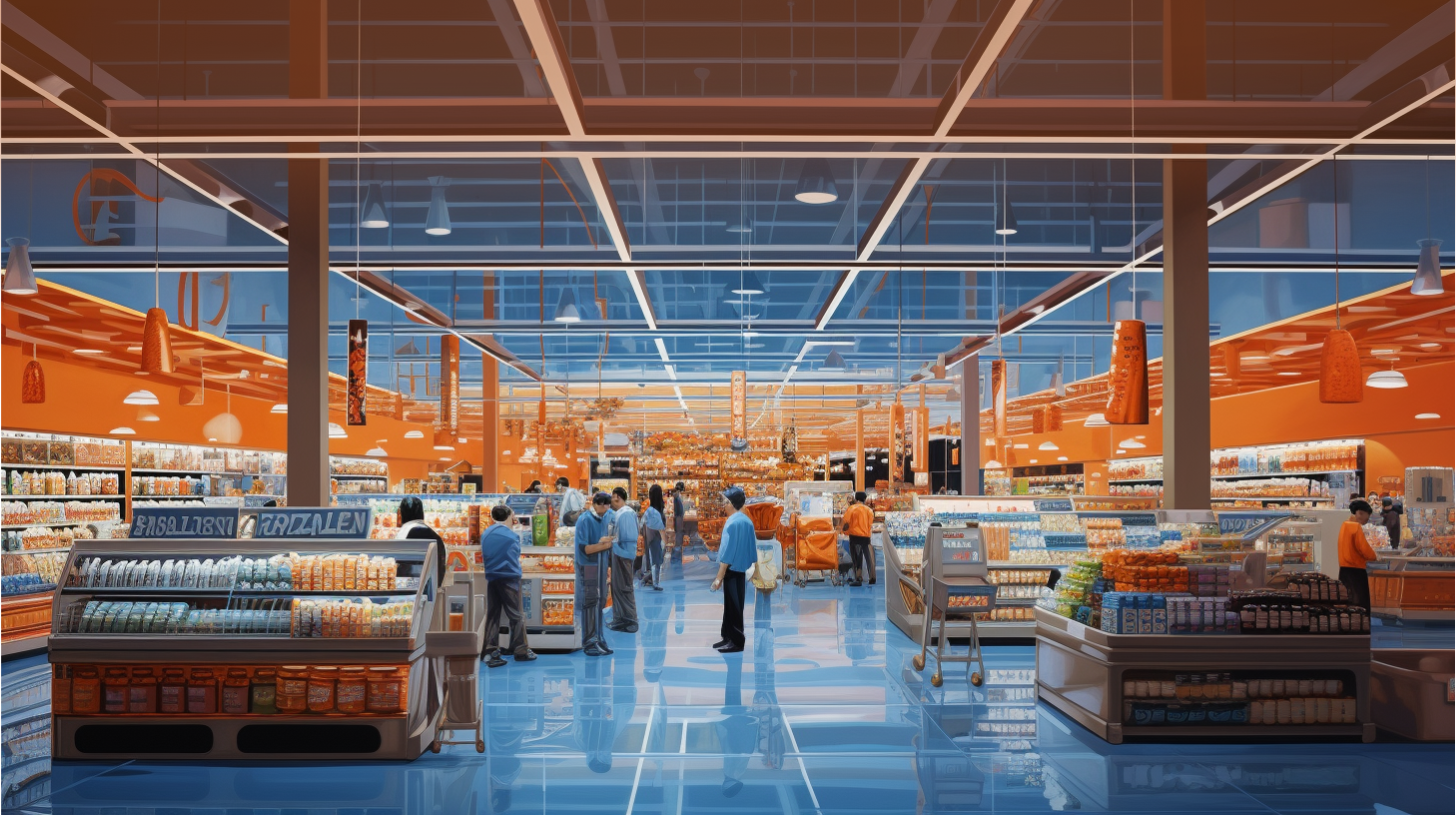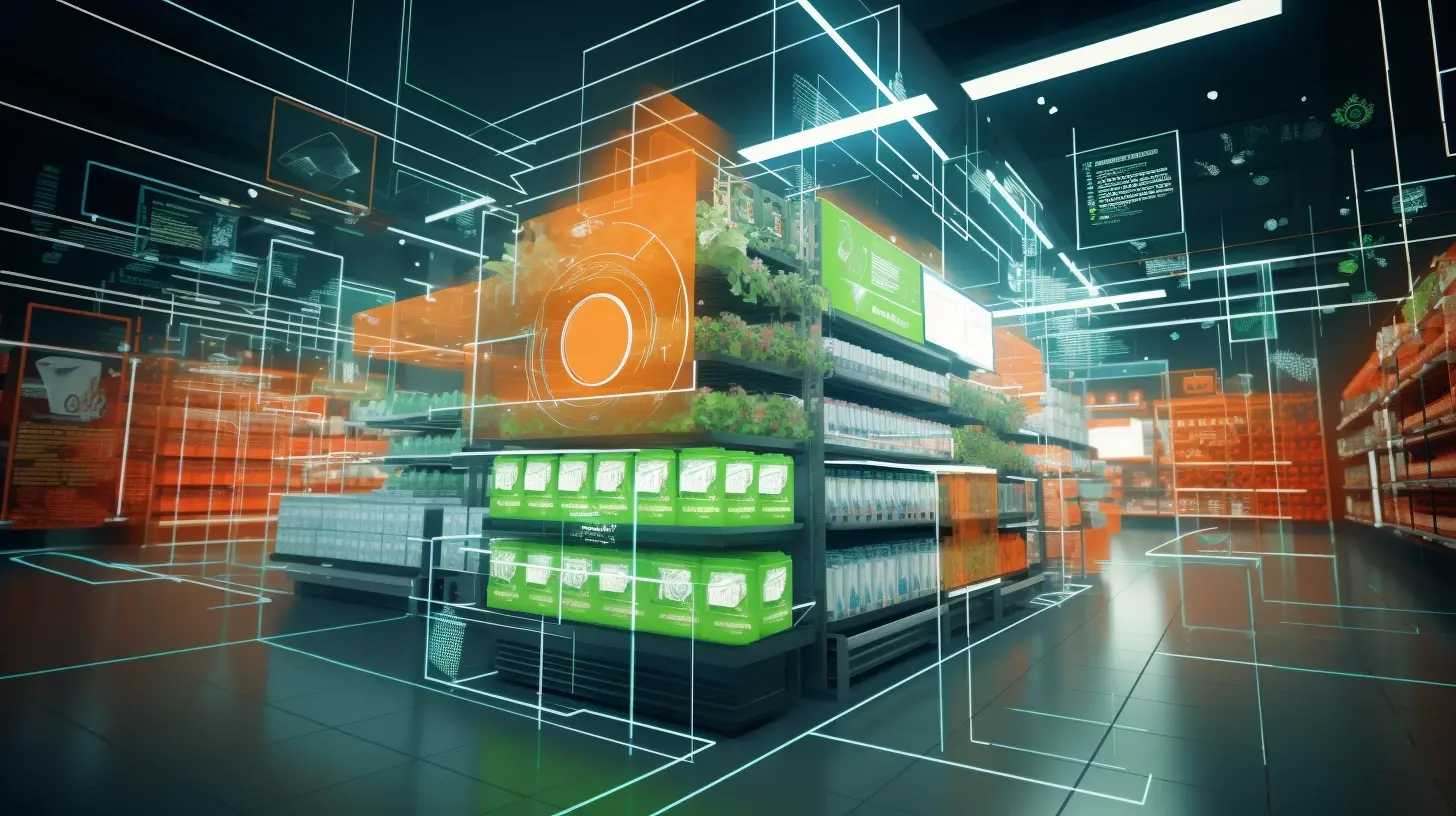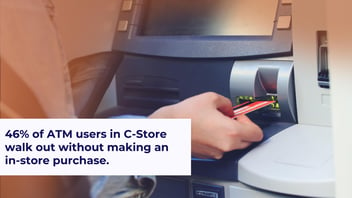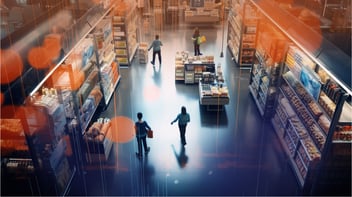In the fast-paced world of convenience stores, the center store has long been a cornerstone of the overall DNA of a convenience store and its evolution! (aligned with C-store trends). The center store plays two essential roles, delivering on the promise of immediacy and convenience across consumables and non-consumables for the convenience shopper.
At it’s core, the center store is the area where shoppers linger, explore, and discover as a typical c-store shopper navigates the aisle. It is an essential part of the fabric of the channel. But the reality is this: while center store strategies look great on paper, and meet conventional expectations, in the real world, they fall flat against evolving C-store trends. That’s because the shopper is evolving rapidly, and they are not waiting around for the channel to catch up, especially the convenience shopper. That’s why the industry has an immediate need to understand how real-world happenings are shaping shopper expectations and in-store behaviors for the c-store shopper.
The Untapped Potential of Center Store
First, the good news: Center store isn't just valuable—it's a powerhouse. Shoppers who engage with center store aisles spend an average of 19% more time in the entire store compared to those who don't. These visitors aren't just passing through; they shop the whole store, turning the visit into a comprehensive trip with multiple stops for the convenience shopper mission. What’s more, center store products appear in 29% of total store baskets—that's higher than categories like alcohol, foodservice, tobacco, or lottery among c-store shopper baskets.
Yet, despite this promise, there's a glaring disconnect. Center store accounts for 58% of storewide shoppers (those who stop and interact with in-store locations) but only 29% of storewide buyers (those who actually purchase a non-fuel item).
In other words, more than half the people who browse center store leave without buying anything from it, including the c-store shopper segment. Why the drop-off? Could it be because traditional strategies are stuck in the past, failing to align with today’s shopper expectations?
Why Long-Held Channel Norms No Longer Deliver
Life as we know it changes rapidly, as have shopper expectations. People today have more free time than ever before; and they’re choosing to spend it alone – not in groups, not in organized outings, not at the movies. Couple that with the downshift of the daily drivers to leave the house: remote work on the rise, immediate gratification via delivery apps at our fingertips, omni-channel conveniences and auto-ships available at every turn...the daily rhythm of life as we know it has shifted dramatically for the convenience shopper.
Add to that the expectation of immediacy and frictionless shopping. Shoppers expect what they want, when they want, how they want it - with little flexibility in their mental model of rigid expectations seen across C-store trends. For brands and c-store operators, this raises critical questions about the viability of the tried and true model for channel success with today’s c-store shopper.
Whose Beat Are You Marching to?
The daily rhythms of life are changing. The predictable daily structure has been upended. Meals, travel patterns, and work schedules are more fragmented than ever, thanks to things like hybrid work models and reduced socialization during free time. Shoppers might now be popping into the store at unconventional times for entirely new reasons as a convenience shopper adapts trips. While the tried-and-true “breakfast - lunch - dinner” approach isn’t dead, it no longer covers all the bases on its own. With the emergence of new trip missions, brands and retailers alike need to evolve their daypart model to meet shoppers where they are and match C-store trends.
What kind of strategies are doomed? Rigid daypart-only messaging and inflexible assortments that don’t adapt to emerging lifestyles, for starters. If you don’t have agility and an appetite for testing and learning, you’ll miss the opportunities to miss the shoppers where they want to be, especially the c-store shopper.
The Power of Choice: How to Win?
Today’s shopper expects more choices than ever before...Not just any choices, but the variety that sits within their cadre of product attribute expectations. Whether that’s protein-rich chips or vegan and fair trade savory baked goods, the shopper decision tree for each and every category is evolving rapidly - and if you’re not keeping a pulse, you’ll lose out on prime opportunities with the convenience shopper.
With endless shopping methods and channels available, every in-store visit feels like a privilege for the channel. To capitalize on it, experiences must be engaging, seamless, and shoppable. This requires a fresh look at everything from store design to prioritize shoppability, new merchandising design principles, and in aisle assortment: if it feels outdated, cluttered, or difficult, shoppers will bounce - straight to their trusted e-commerce or delivery app; a recurring theme in C-store trends.
What Is Shopper Behavior Data Telling Us?
Behavioral science provides us a clear story of how shoppers are evolving their in-store habits today. Want to track the changing tides? Just follow the footsteps of the c-store shopper.
VideoMining’s Behavior Tracker™ provides brands with unprecedented visibility to what is actually happening within the four walls of the c-store channel. No guesswork. No knowledge gaps. Just raw truth, captured and decoded by analyzing millions of annual shopper journeys.
Get to Know Us
Got a problem? Come to us with your most specific inquiry into your shoppers’ behavior, and leave with evidence to shape better c-store strategies for the convenience shopper.
Want to keep a constant pulse? Look to our Tracker services for continued updates on evolving behaviors and store performance trends - channel-wide, category specific, brand-specific..your call for every c-store shopper cohort.






